Dragon Age: The Veilguard is pretty good. Critical reviews have been positive and fans are now jumping into BioWare’s first new single-player RPG in almost a decade. But it shouldn’t have taken this long. Through the meddlesome involvement of Electronic Arts and an odd desire to chase industry multiplayer trends, the studio has been stuck in limbo for years.
Once upon a time, however, there was a misguided belief that BioWare could do no wrong. It developed a reputation for being the master of modern single player RPGs in the West, with classic titles like Baldur’s Gate, Star Wars: Knights of the Old Republic, Mass Effect, and Dragon Age helping to put the studio on the map. It defined what it meant to be a morally driven, choice-based RPG over an entire console generation, and you don’t need to look far to see how influential those games went on to be, and why we still replay them to this day.
BioWare Isn’t The Same Studio It Used To Be
But somewhere along the way, that signature BioWare magic was lost. Titles like Mass Effect 3 and Dragon Age: Inquisition were pushed out the door after punishing amounts of crunch. It saw high profile creative leads and many other employees leave the studio behind, turning it into a shadow of its former self that suddenly had to keep making the same games. Many of its fans weren’t aware of these shifting circumstances, nor did they care, all they wanted was yet another BioWare game with all the same trimmings. That was never going to happen.
We discovered as such when Mass Effect Andromeda was first revealed, with BioWare very careful about keeping its cards close to its chest until the full release. Previews were mixed, and when the game released, it was a buggy and inconsistent mess. It didn’t sell very well and future downloadable content was shelved as BioWare moved onto its next project, which promised to be bigger and better in every way – Anthem. That was also a nightmare, and it turns out that when a gameplay reveal was first shown off at E3, hardly any of the game had been made, so BioWare spent the next 18 months cobbling together everything it could.
It crashed and burned upon release, and was promised to be brought back in the form of Anthem Next, only to be cancelled altogether. BioWare’s past two projects were failures thanks to the corporate meddling of EA and an unwillingness to admit that the studio had changed.
Dragon Age: The Veilguard Is The First Of Many Steps For BioWare
It would take five long years for BioWare to release another game – not counting the Mass Effect: Legendary Edition, which, by all accounts, was well-received – and Dragon Age: The Veilguard is as much a return to form as we could have hoped for. Don’t get me wrong, as an outside observer I don’t think it pushes the BioWare formula far enough into bold new ground, but in order to do that, this new vision of the studio must first nail the fundamentals.
The Veilguard needed to be a bold, inviting adventure with strong new characters alongside a familiar sense of place. An experience that was unmistakably Dragon Age yet also a flashy representation of what BioWare intends to become in the future. Critics have praised how it uses linearity to its advantage when telling immersive stories, while the combat is enjoyable enough to challenge without feeling repetitive. Some have also criticised the tone, and how it feels afraid of exploring drama or stakes that challenge the player or their party.
I’m yet to jump in properly for myself, but before BioWare decides to explore riskier territory, it needs to show the world it still has what it takes to create RPGs that can stand next to titans. Only then can it build on that foundation and go even further, either with Mass Effect or something entirely distinct. Part of me believes that BioWare is currently figuring out how to create the games it used to with the same level of polish, talent, and creativity without the horrific crunch that used to underpin Mass Effect and Dragon Age. The Veilguard is inclusive in so many ways, and those values need to extend to the hundreds of workers behind it.
EA CEO Andrew Wilson said in a recent statement that The Veilguard has received such a positive critical reception because it’s a title that confidently represents BioWare “returning to its strengths” in the single player RPG space. What confounds me, though, is that EA should have been aware of these strengths from the very beginning, and I’d argue they were. But it was abiding by the whims of shareholders who wanted to capitalise on different markets no matter the expertise of their first-party studios, while solo efforts got thrown to the wayside.
It’s worth remembering that Dragon Age: The Veilguard reportedly began its life with online elements built into the experience, but after the reception to Anthem, things changed.
Regardless of EA’s role in all of this though, The Veilguard is the game we were hoping for, an experience that shows BioWare is capable of making single player RPGs that challenge and inspire, albeit not to the same level of quality. But it’s a start, and that’s all we could’ve hoped for.
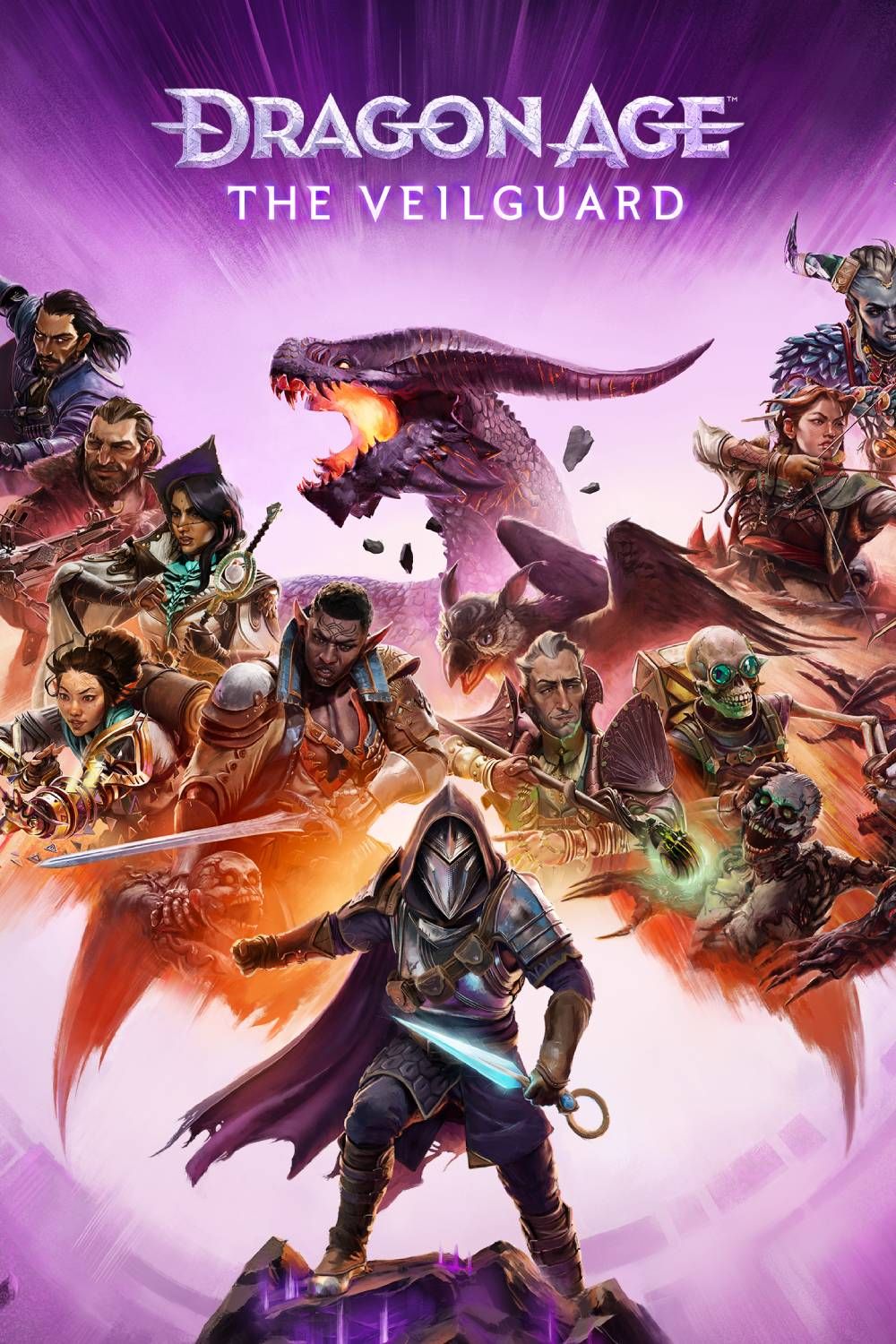
Dragon Age: The Veilguard is the long-awaited fourth game in the fantasy RPG series from BioWare formerly known as Dragon Age: Dreadwolf. A direct sequel to Inquisition, it focuses on red lyrium and Solas, the aforementioned Dread Wolf.
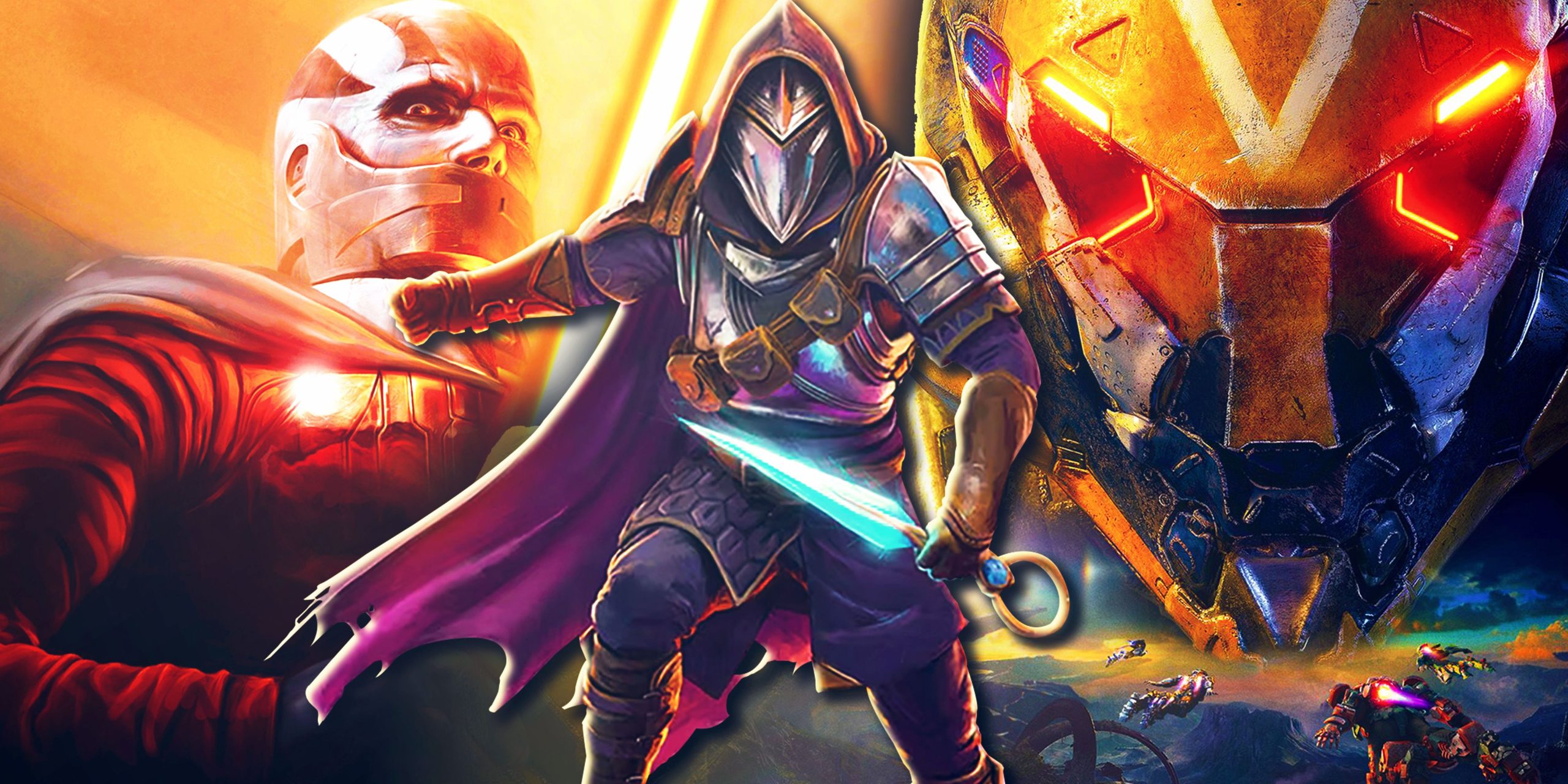

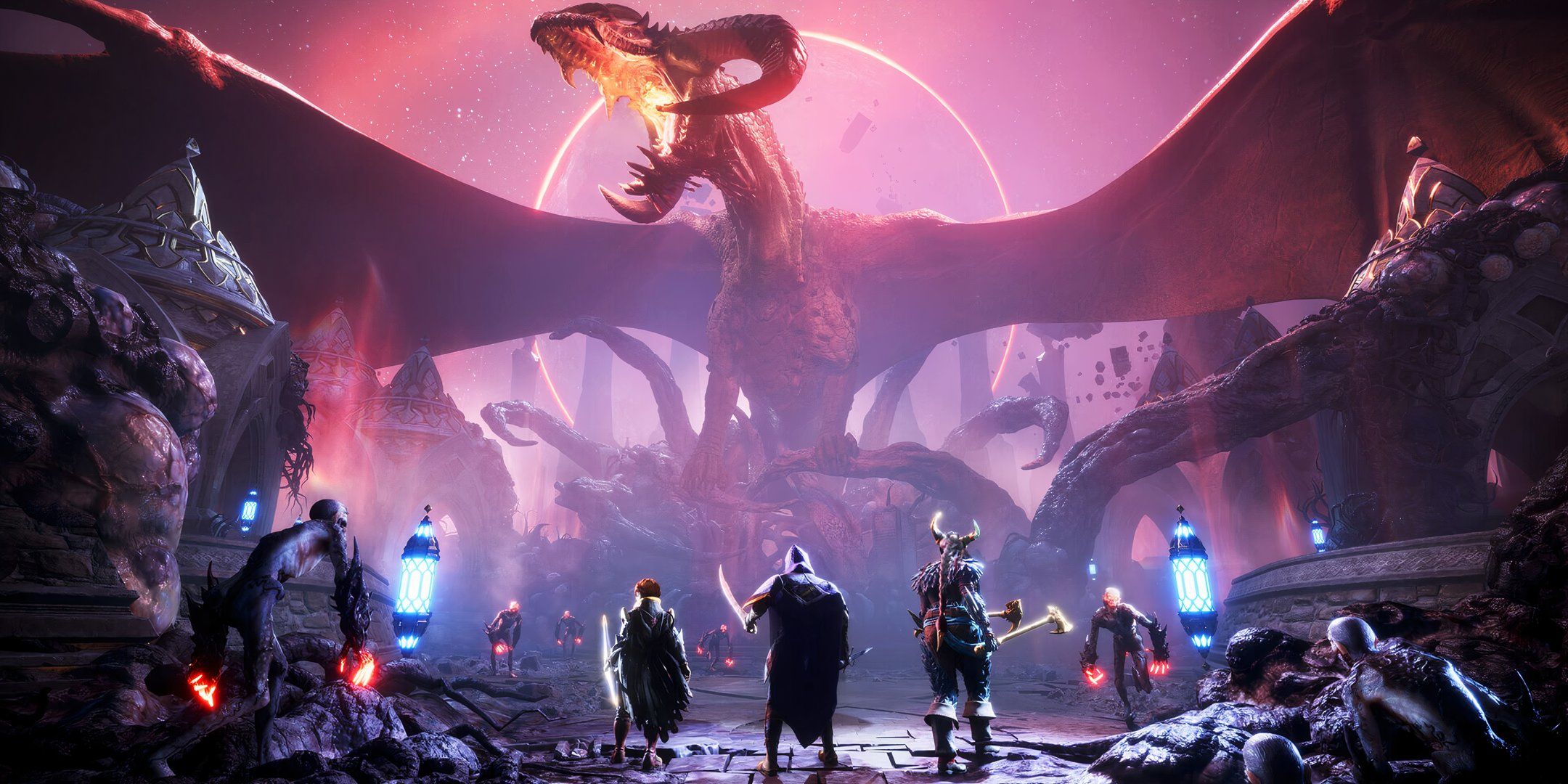
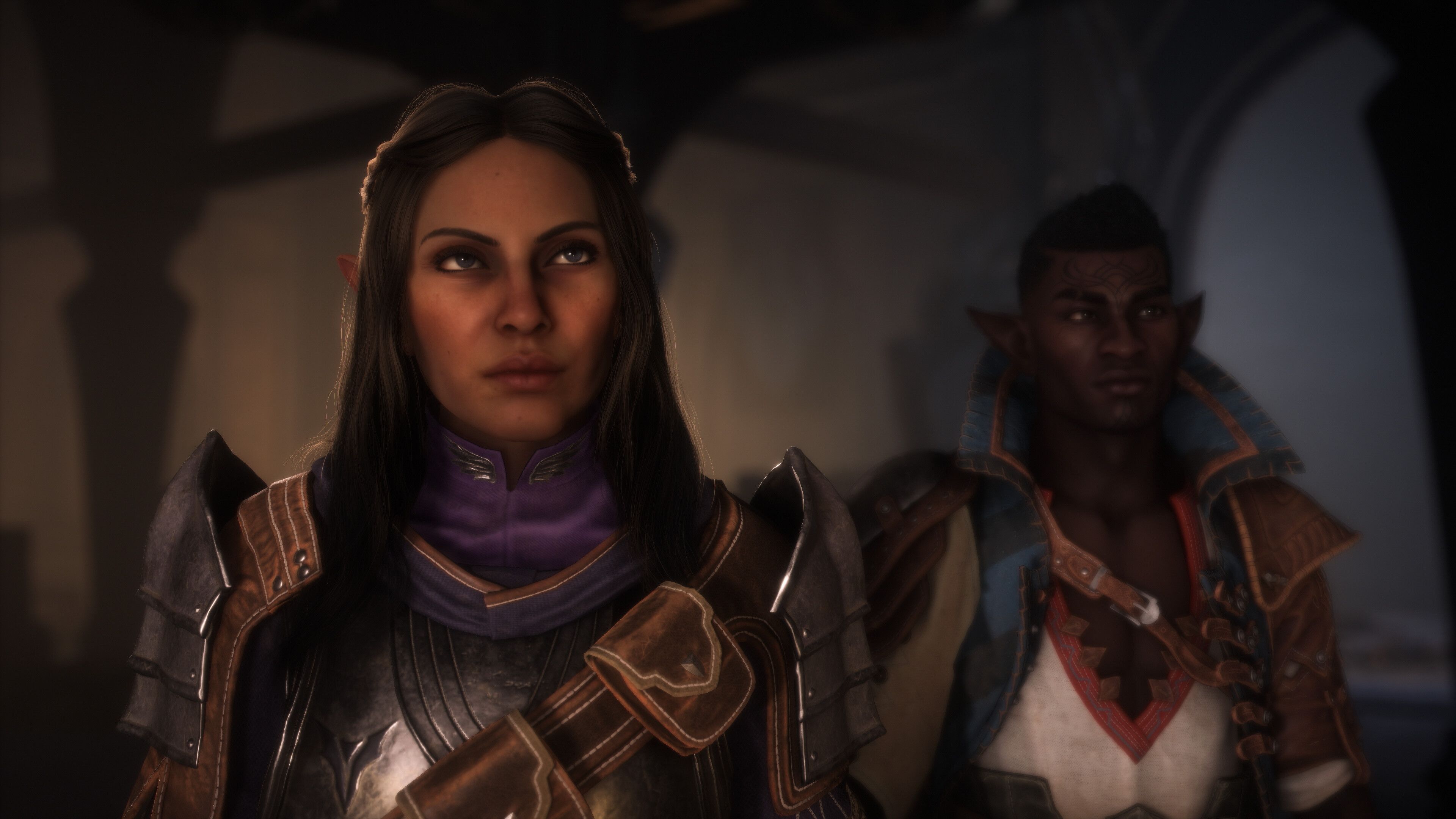
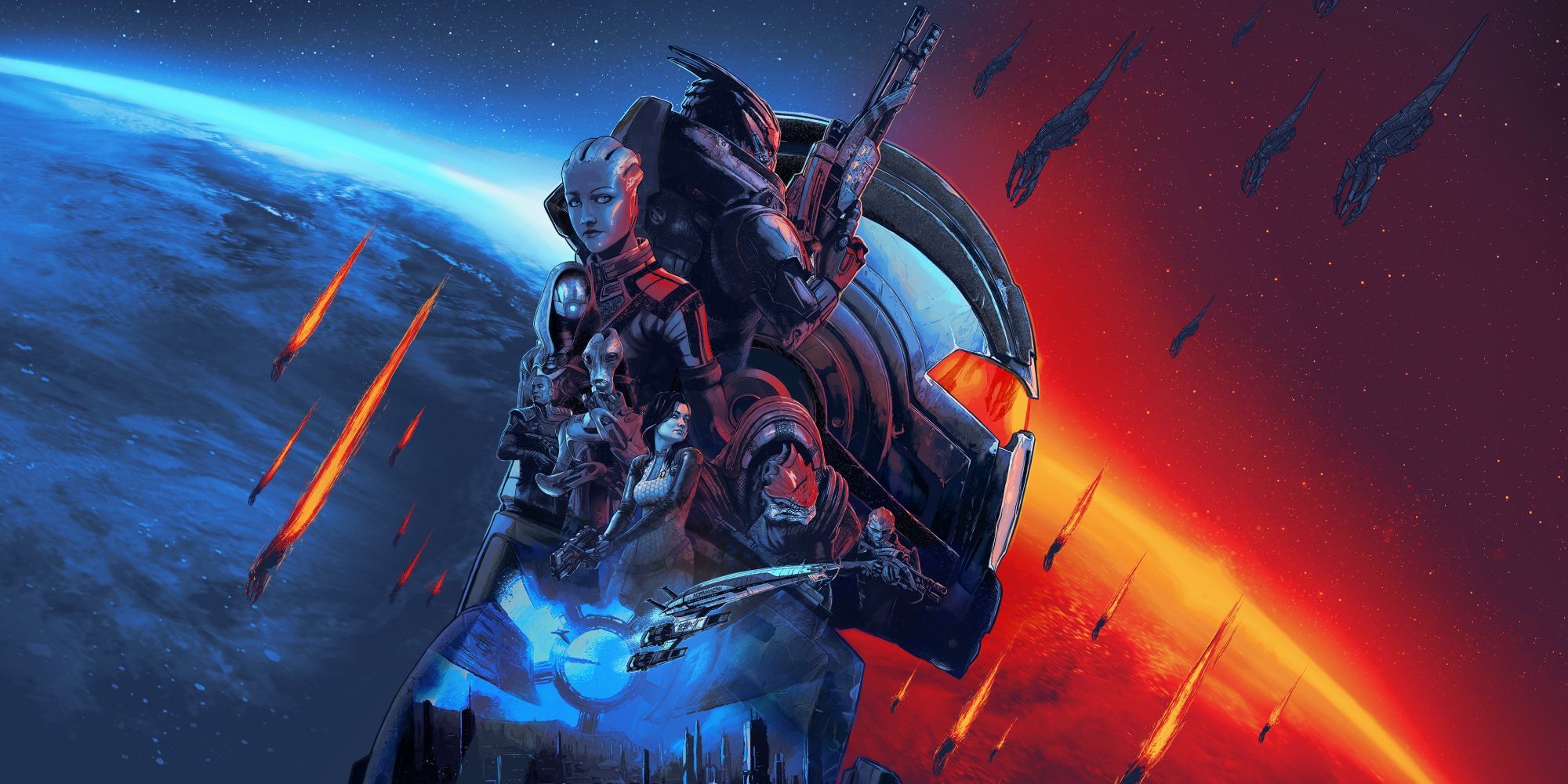
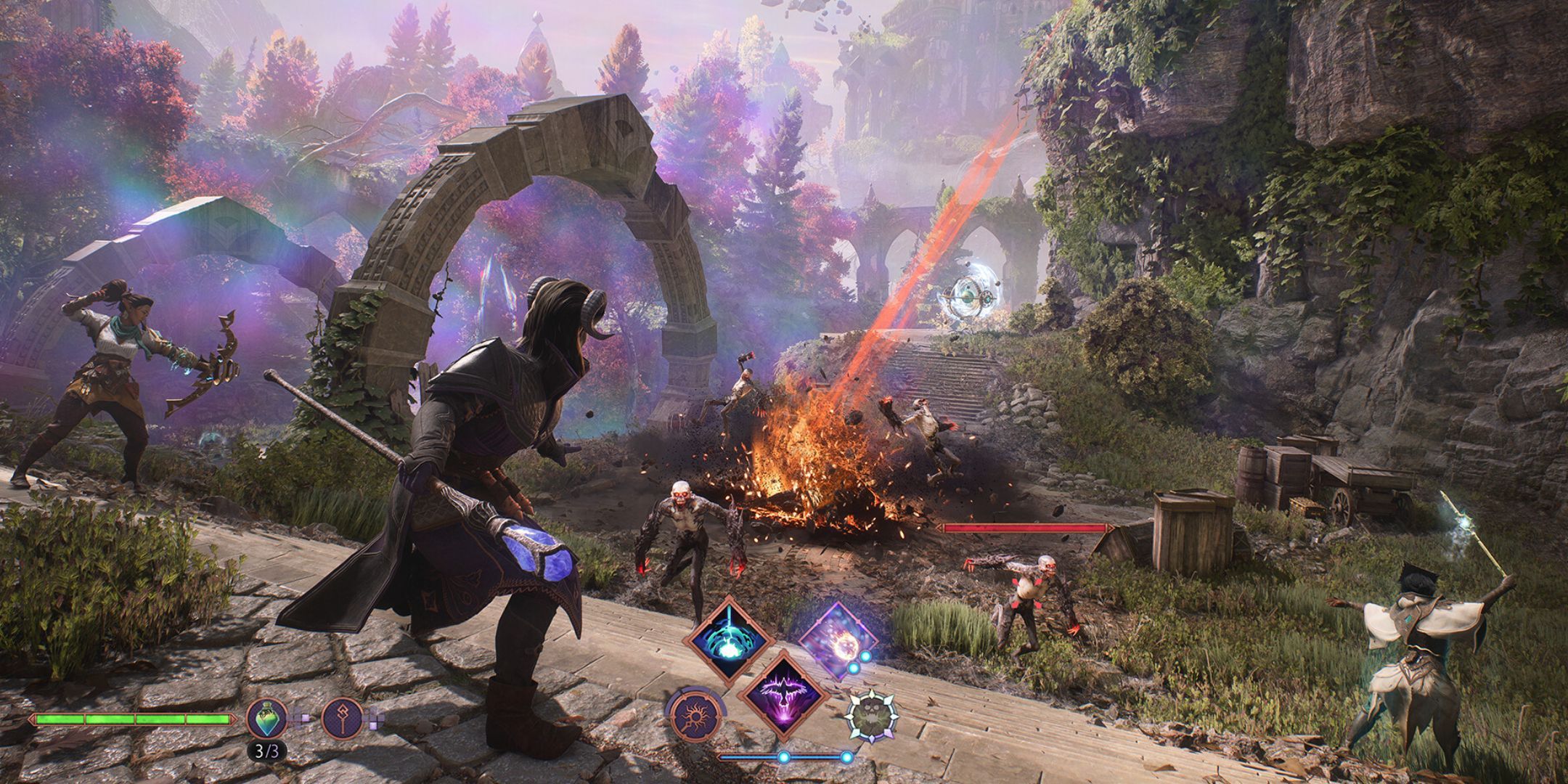

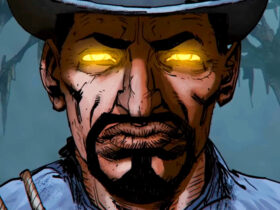
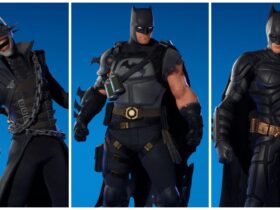
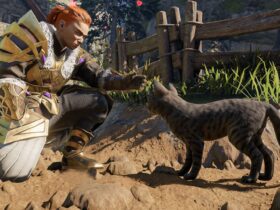




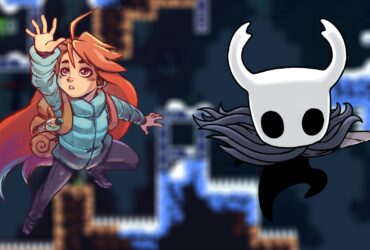

Leave a Reply